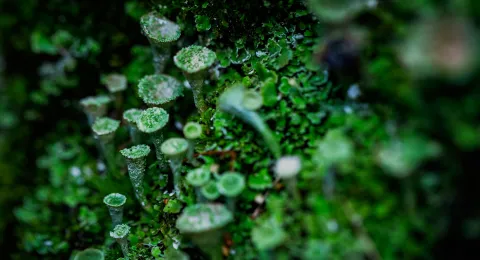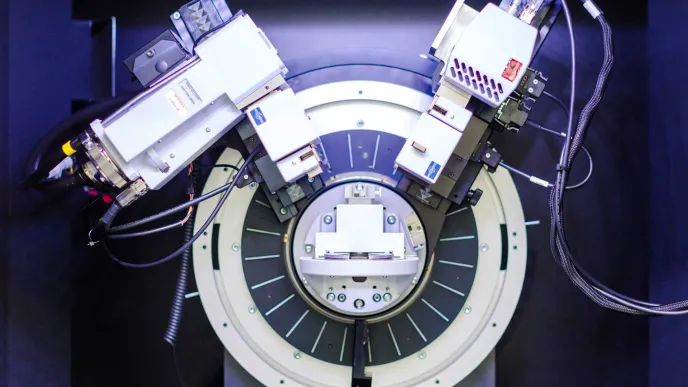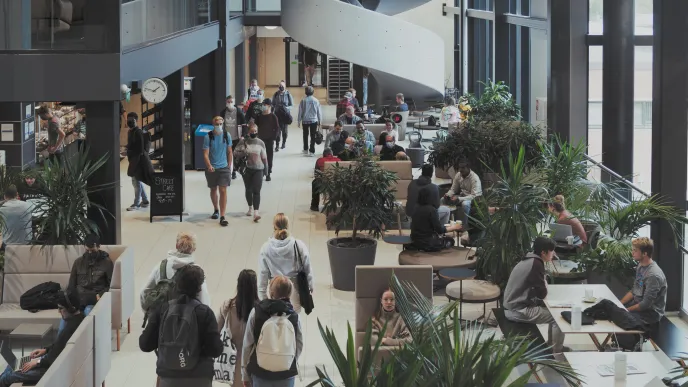The interdisciplinary expertise of CARESUS includes fields such as media and internet studies, science and technology studies, futures studies, environmental social sciences, and digital literacy. Our mission is to bridge in depth understanding of digital sustainability with empirical research, elaboration of theoretical frameworks, and development of experimental and speculative methodologies to frame techno-social phenomena in transformative ways. CARESUS is committed to fostering a more caring, equitable, and sustainable digital society.
Project manager
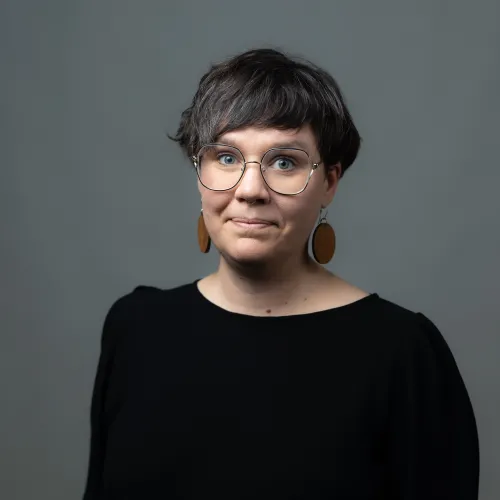
Minna Vigren
Research areas
Digital sustainability
Digitalization and sustainability are two of the most significant global trends, yet they have largely developed independently. Digitalization has often been proposed as a solution to global sustainability challenges such as climate change, environmental pollution, and biodiversity loss. Nevertheless, the latest technologies, such as AI, are only partial and perhaps deceptive solutions to the planetary crises if their sustainability is not addressed. Besides research on the environmental harms of digitalization, our work focuses on asking: What should a more sustainable digital society is like? What are the pathways to get there? What political, industrial, and societal changes are required to achieve this?
Eco-digital agency
One of the concepts developed in CARESUS is eco-digital agency. It takes beyond contemporary perspectives on digital citizenship that focus mainly on access, skills and rights. The concept adds environmental sustainability to existing conceptualizations of digital citizenship and builds on systemic thinking and values. The orientation towards the future and the heuristics of imagining and aspiring are at the core of eco-digital agency. The concept advocates critical agency which is at the same time dissident and innovative, and oriented against and beyond what is perceived as unjust, unequal, and unacceptable. The concept of eco-digital citizenship answers the call to foster agency that is built on the question of what kind of digital society we want to live in. To foster eco-digital agency, CARESUS researchers organized Sustainable Digital Everyday Life theme week in Turku in 2024 in collaboration with Turku City Library, Art House Turku, and Turku Book Café.
Broken world thinking
In response to the environmental consequences of digitalization, we adopt the approach of ‘broken world thinking’ which emphasizes repair, maintenance, and care over perpetual digital innovation and growth. As outlined by Steven J. Jackson, this approach challenges the dominant narratives of digital progress and endless possibilities by acknowledging the limits of our fragile planet. Our work highlights the value of repair and care in sustaining a good life amidst environmental and technological brokenness. As part of participatory action research initiatives, CARESUS researchers have been involved in founding Repair Café Turku, a community skill-sharing space.
Digital excess
In our search for new frameworks and concepts to examine digital unsustainability, we engage in developing the concept of digital excess. Digital excess refers to the wasteful and superfluous aspects of digitalization that harm individuals, society, and the planet. This is exemplified in digital overconsumption, overproduction, and unsustainable digital practices. Especially the exponential growth in data accumulation and the rapid proliferation of AI technologies contribute to the increasing environmental footprint of digital excess. Our research develops frameworks to understand and address digital excess, while exploring alternatives to mitigate its harmful effects. The research has investigated e.g. the ways individuals are invited to mitigate the digital carbon footprint.
Care
Shifting focus from digital harms to the possibilities of digital good, our work adopts care-centered approaches inspired by feminist perspectives, particularly Maria Puig de la Bellacasa's ‘matters of care.’ Our research on sustainable alternatives is driven by the belief that simply acknowledging these concerns is insufficient for challenging unsustainabilities. This framework emphasizes speculation about the “as well as possible” and fostering new imaginative possibilities. The care-centered approach includes exploration of how care can inform moderation and cultivation of safer online discussion spaces.
Experimental methods
In an era characterized by the decline of political and utopian imagination pressingly needed to find solutions to the urgent planetary crises, we develop experimental and speculative methods to envision alternative futures and imagining the previously unimaginable. We have developed participatory speculation workshop models. The ‘Media/Everyday Life 2030’ workshop uses creative collaborative storytelling. In the Images of the Future workshop, generative AI image creation and flash fiction are used to imagine desirable futures. We have also experimented with design fiction and arts-based methods using science fiction literature and films.
Group members
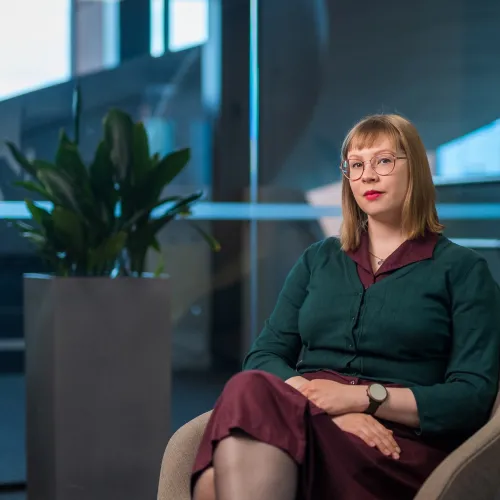
Partners
Digital Good Network
Emerging Technologies Lab
Data & Society Research Institute

